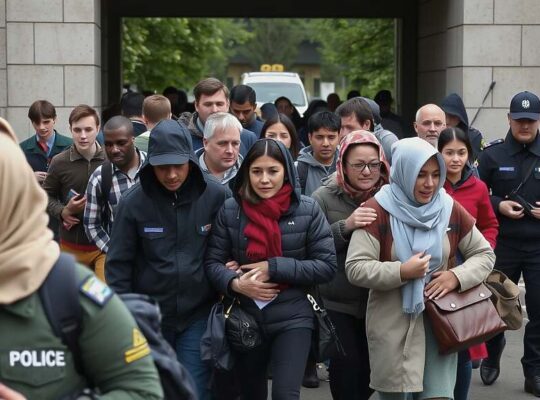The German government is establishing an expert commission to examine the possibility of setting a minimum age for using social networks. This decision follows a request from Anja Reinalter, the Green Party’s spokesperson for education policy. According to a government response, reported by Frankfurter Rundschau, a scientific basis is considered essential for determining any age limit.
The commission, formally titled “Child and Youth Protection in the Digital World” will specifically address whether a minimum age for social media usage should be implemented. Beyond this, the government has formally urged social media platforms, within the framework of the Digital Services Act (DSA), to disable potentially harmful features such as endless feeds and autoplay functions for minors.
Recent studies, including the Copsy study from the University Clinic Hamburg-Eppendorf, indicate a concerning rise in mental health issues among young people in Germany. The study, concluding at the end of 2024, found that approximately one-fifth of young individuals experienced psychological distress, a figure higher than pre-pandemic levels.
The government emphasizes that bolstering the mental well-being of children and adolescents is a top priority. A strategy focused on “Mental Health for Young People” is currently being developed, with initial concrete steps and measures anticipated by 2026.
However, critics, including Reinalter, express concern that progress is too slow. She argues that the coalition needs to be more proactive and calls for expanding the Startchancen program to increase the number of school social workers and psychologists.
A point of contention is the composition of the expert commission, which currently lacks representation from young people. Reinalter and Quentin Gärtner, General Secretary of the Federal Students’ Conference, have both voiced disappointment regarding this omission. Both underscore the importance of incorporating the perspectives and concerns of young people in decision-making processes that directly affect them.
The Federal Students’ Conference also echoes the call for increased school social work and psychology services, noting that a commitment to mental health must be reflected in government budgets and support systems within the school environment.












